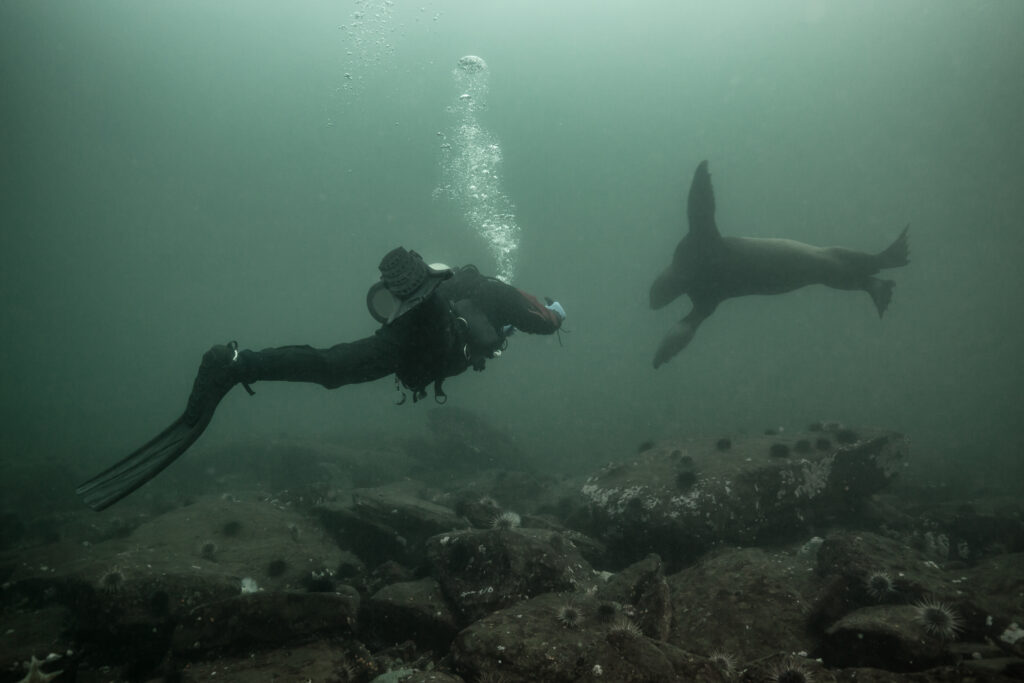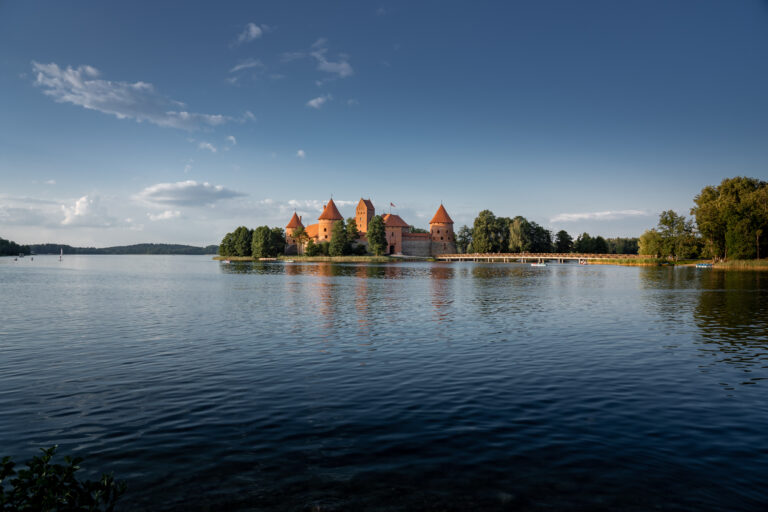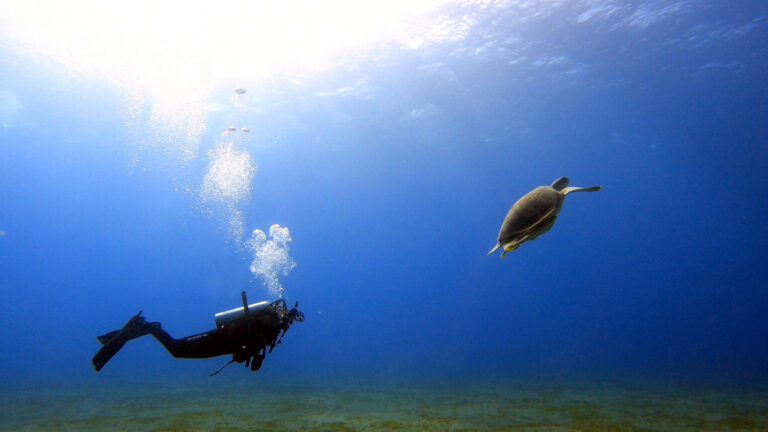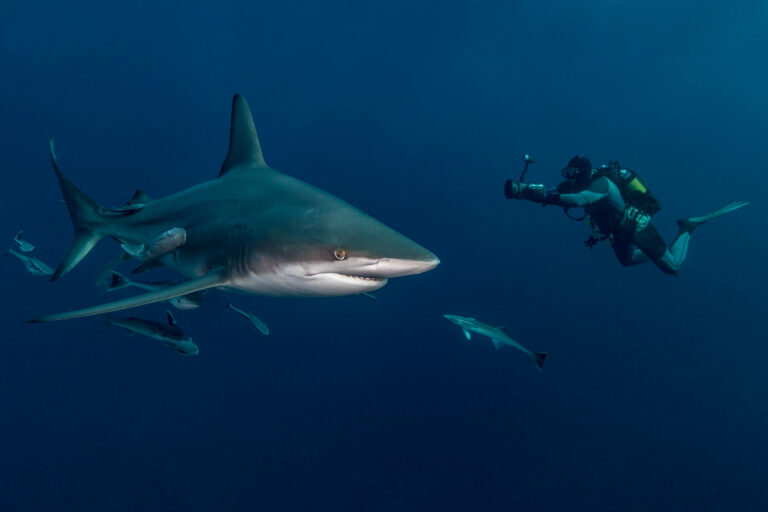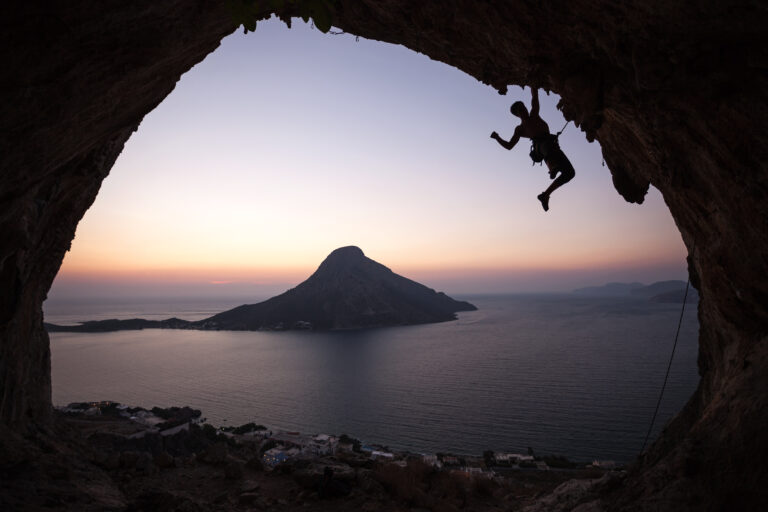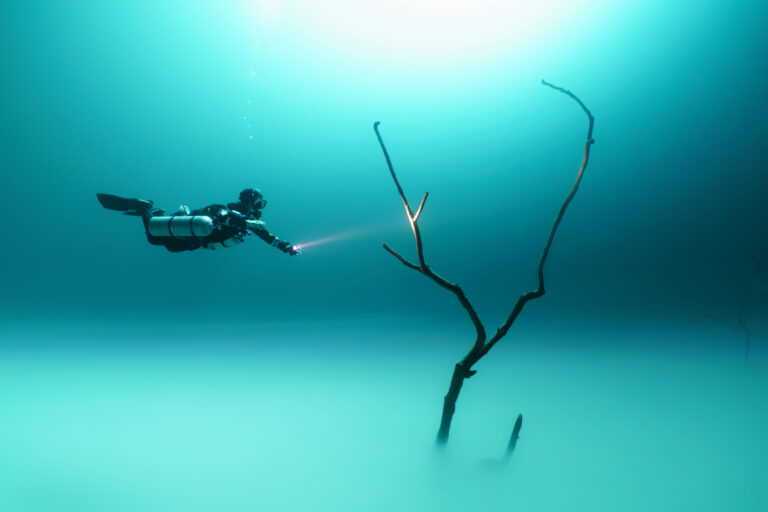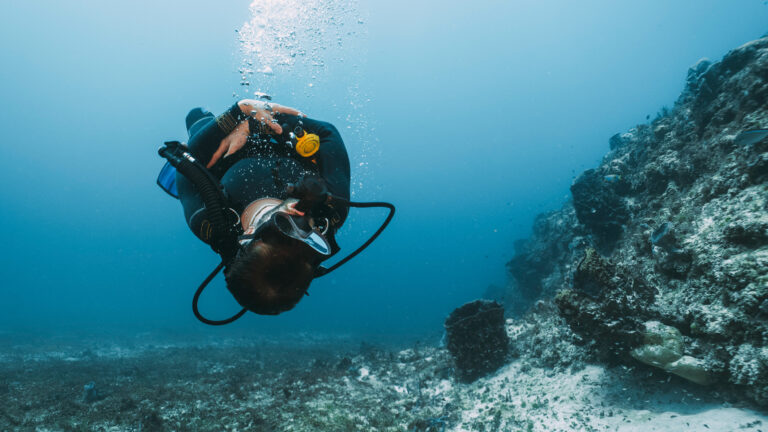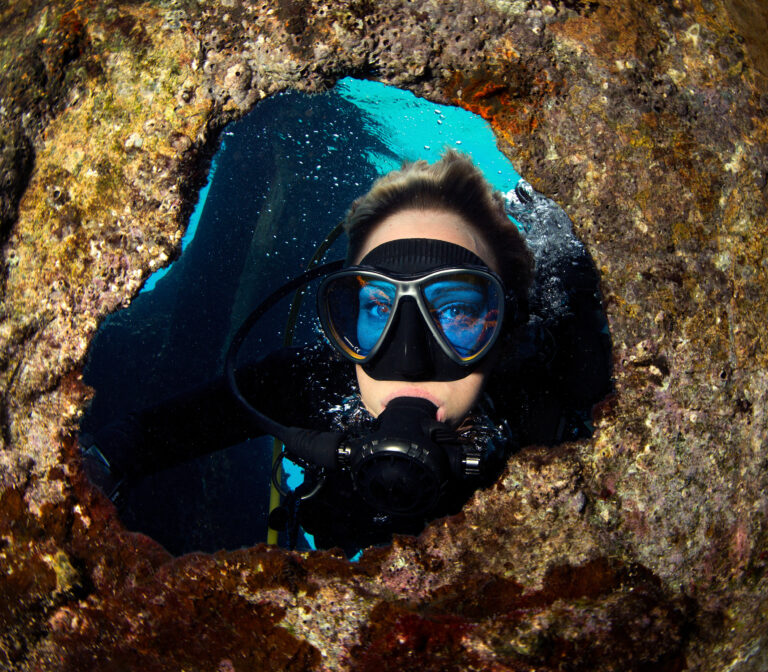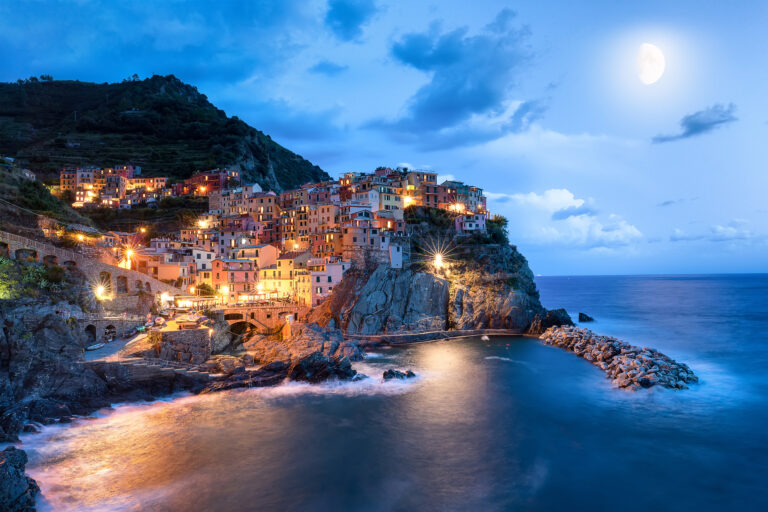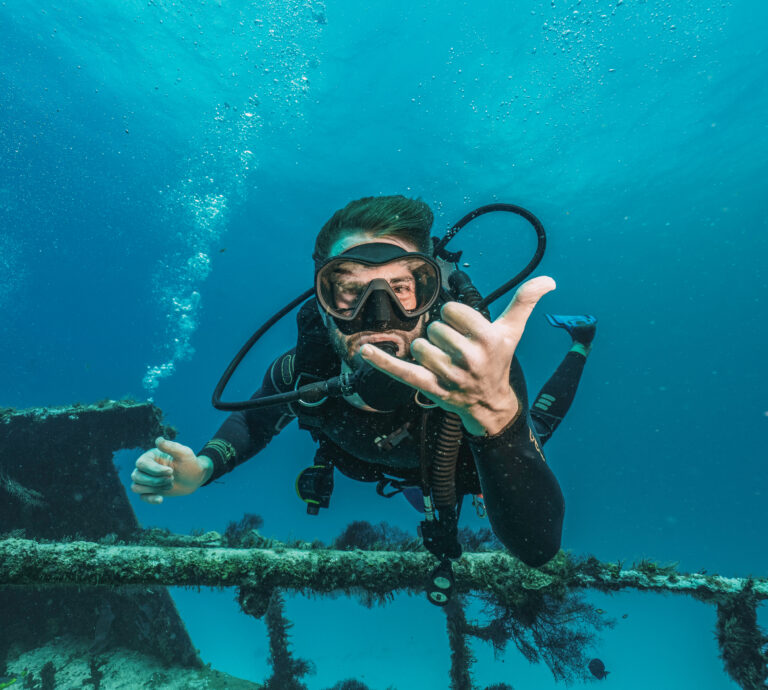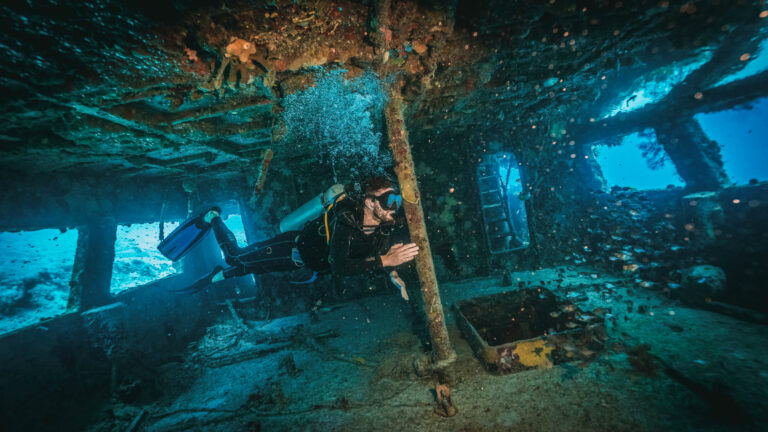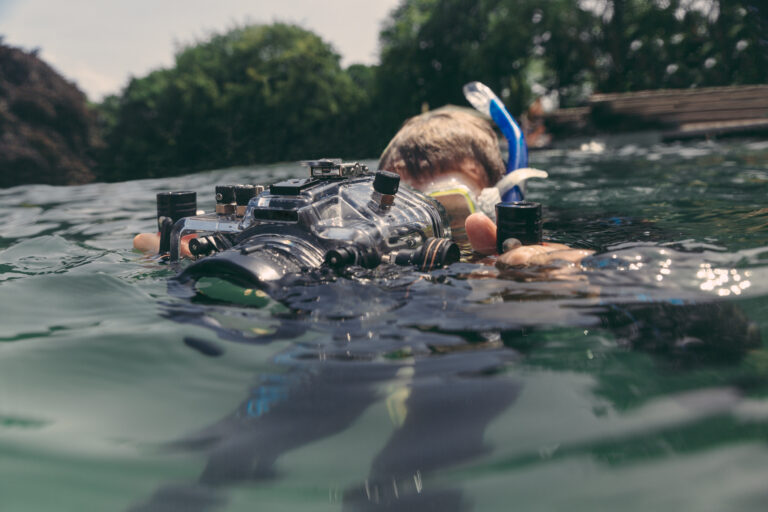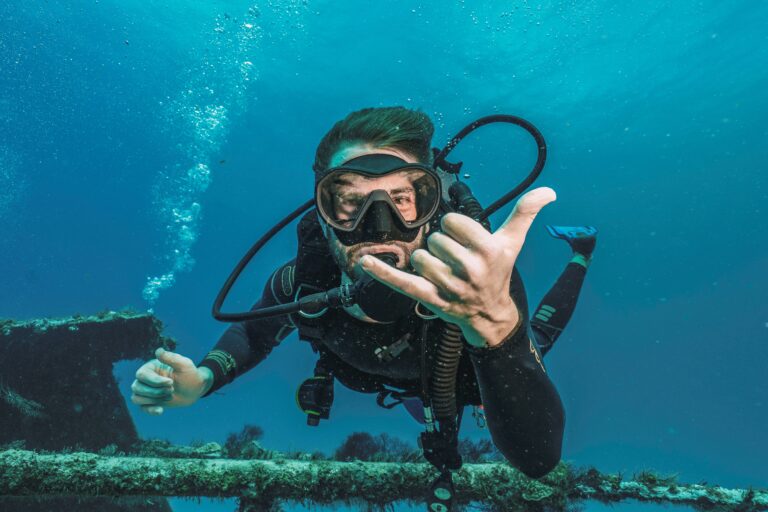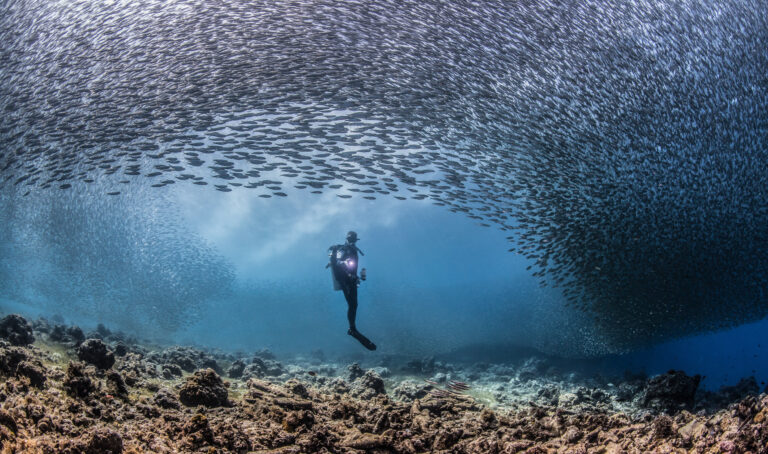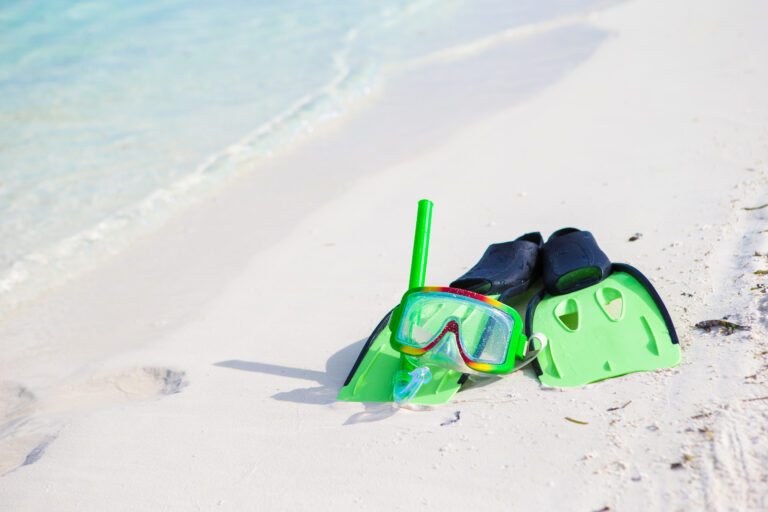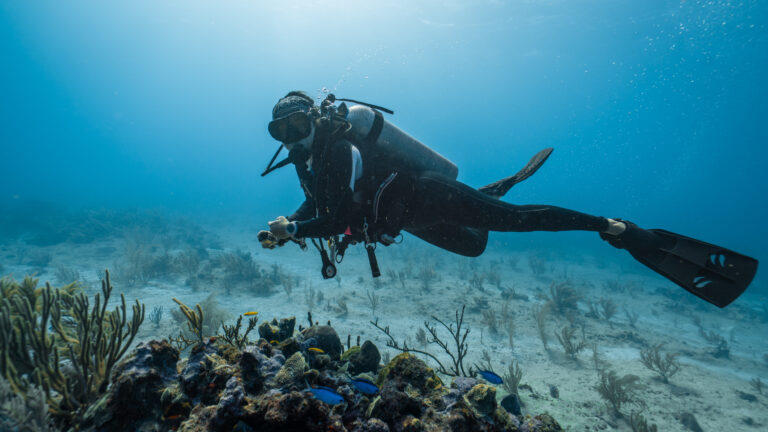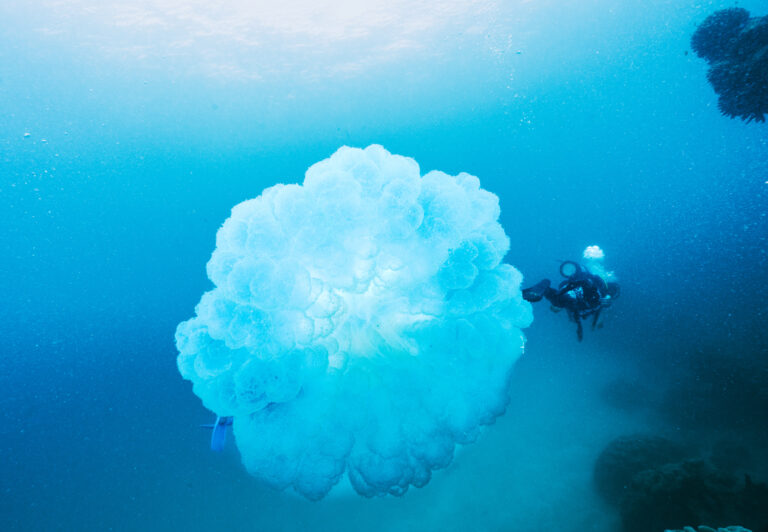Scuba Divers’ Travel Guide to Niue
Niue, a small island in the South Pacific, offers scuba divers a unique and intimate underwater experience. The island’s clear, warm waters are home to vibrant coral reefs and a variety of marine life. Niue’s remote location ensures that the dive sites remain pristine and relatively undiscovered. The island’s diverse underwater landscapes, including coral gardens and underwater caves, provide a range of diving experiences. For scuba travelers seeking a serene and unspoiled diving destination, Niue offers a captivating and unforgettable adventure.
Location and Geography
Niue, an enchanting island nation in the South Pacific Ocean, is often referred to as “The Rock of Polynesia” due to its limestone cliffs and rugged coastline. Located 2,400 kilometers northeast of New Zealand, between Tonga, Samoa, and the Cook Islands, Niue is one of the world’s smallest independent nations. The island is approximately 260 square kilometers in size, with a unique geography that includes a raised coral atoll and a plateau with steep limestone cliffs along the coast, giving way to a central plateau. Niue’s isolation and the clarity of its surrounding waters make it a scuba diver’s paradise. The island’s underwater landscape is characterized by dramatic chasms, caverns, and arches, with visibility often exceeding 30 meters. This pristine environment, largely untouched by mass tourism, offers divers the chance to explore a rich marine ecosystem teeming with colorful coral gardens, diverse fish species, and frequent encounters with sea snakes, spinner dolphins, and humpback whales during their migratory season.
Visa and Entry Requirements
Before embarking on your underwater adventure to Niue, a small island nation in the South Pacific, it is essential to understand its visa and entry requirements. Travelers from most countries do not require a visa for stays up to 30 days, provided they have a valid passport, proof of onward travel, and accommodations booked. However, it is advisable to check with the Niue Immigration Office or your local Niuean consulate for the most current information, as policies can change. Upon arrival, you’ll receive a visitor’s permit, and if you wish to extend your stay to continue exploring Niue’s pristine dive sites, you can apply for an extension for up to 90 days. Ensure your passport is valid for at least six months beyond your intended stay, and keep in mind that Niue has strict biosecurity laws to protect its unique ecosystem, so be mindful of what you bring into the country.
Getting to Niue
Getting to Niue, a hidden gem in the South Pacific, is an adventure in itself, as this tiny island nation is one of the least visited yet most enchanting diving destinations in the world. Travelers looking to explore Niue’s pristine underwater landscapes typically fly into Hanan International Airport (IUE), located near the capital of Alofi. The most common route is to take a connecting flight from Auckland, New Zealand, which operates twice a week via Air New Zealand. Given the limited flight schedule, it’s essential to plan your trip well in advance and align your itinerary with the flight availability. Upon arrival, visitors will find that the island’s compact size makes it easy to reach any dive site quickly by car. The lack of crowds and untouched coral reefs make the journey to this secluded paradise well worth the effort for those eager to experience some of the clearest dive waters on the planet, with visibility often exceeding 100 feet (30 meters).
Best Time to Dive
Getting to Niue, a hidden gem in the South Pacific, is an adventure in itself, as this tiny island nation is one of the least visited yet most enchanting diving destinations in the world. Travelers looking to explore Niue’s pristine underwater landscapes typically fly into Hanan International Airport (IUE), located near the capital of Alofi. The most common route is to take a connecting flight from Auckland, New Zealand, which operates twice a week via Air New Zealand. Given the limited flight schedule, it’s essential to plan your trip well in advance and align your itinerary with the flight availability. Upon arrival, visitors will find that the island’s compact size makes it easy to reach any dive site quickly by car. The lack of crowds and untouched coral reefs make the journey to this secluded paradise well worth the effort for those eager to experience some of the clearest dive waters on the planet, with visibility often exceeding 100 feet (30 meters).
Accommodation Options
Accommodation options on the small but captivating island of Niue cater to a range of preferences, ensuring that divers can relax comfortably after a day exploring the island’s unique underwater landscapes. As a less commercialized diving destination, Niue offers a selection of boutique resorts, guesthouses, and self-contained villas that provide a more intimate and personalized experience. Many of these establishments are strategically located to afford stunning ocean views and easy access to dive sites. For those seeking a truly immersive experience, eco-tourism accommodations are available, allowing guests to stay in harmony with the island’s pristine natural environment. While luxury options are limited, the available lodgings are known for their warm hospitality, ensuring that divers receive the rest and rejuvenation needed to make the most of Niue’s crystal-clear waters and rich marine biodiversity. It’s advisable to book well in advance, especially during the peak diving season, to secure your preferred choice of accommodation on this hidden gem of the South Pacific.
Dive Operators and Dive Shops
Niue, a hidden gem in the South Pacific, offers a unique diving experience that is as pristine as it is intimate, due to the island’s small size and limited number of visitors. Dive operators and shops on Niue are known for their personalized service and in-depth local knowledge, ensuring that divers of all levels can safely explore the island’s crystal-clear waters. With only a handful of operators, such as Niue Blue and Buccaneer Adventures Niue Dive, divers receive attentive guidance through Niue’s underwater marvels, including dramatic caverns, arches, and chasms teeming with marine life. These shops typically offer full gear rental, PADI certification courses, and guided excursions to the island’s top dive sites, such as Snake Gully and the Matapa Chasm. The dive shops’ commitment to safety and environmental conservation means that divers not only enjoy a spectacular underwater adventure but also contribute to the preservation of Niue’s delicate aquatic ecosystem. Whether you’re looking to encounter spinner dolphins, humpback whales during their migration season, or simply marvel at the vibrant coral reefs, Niue’s dive operators ensure an unforgettable subaquatic journey.
Transportation within Niue
Transportation on the small South Pacific island nation of Niue, renowned for its crystal-clear waters and abundant marine life, is straightforward due to its compact size. With no public transport system, visitors typically rent cars or bikes from rental agencies at the airport or in Alofi, the capital, to explore the island at their own pace. The island’s single 64-kilometer coastal road encircles Niue, making it easy to access the numerous dive sites, which are well-marked and often just a short drive away. For those who prefer not to drive, some accommodations offer shuttle services, and dive operators may provide pick-up and drop-off services for their guests. It’s important to book vehicles in advance, especially during the peak diving season, to ensure availability. Driving is on the left-hand side, and the laid-back nature of Niue means that traffic is minimal, allowing divers to enjoy a relaxed journey through the picturesque landscapes before plunging into the underwater wonders that await.
Currency and Payment Methods
When traveling to Niue for a scuba diving adventure, it’s important to note that the official currency is the New Zealand Dollar (NZD), which is widely accepted across the island. Credit cards, particularly Visa and MasterCard, are accepted at most hotels, restaurants, and dive shops, but it’s advisable to carry some cash for smaller establishments or remote areas where electronic payments may not be possible. ATMs are available in Alofi, the capital, but can be scarce elsewhere, so plan your cash withdrawals accordingly. It’s also worth mentioning that Niue is a small island nation with limited banking services, and currency exchange facilities are not as common as in larger countries. Therefore, it’s prudent to exchange or withdraw enough New Zealand Dollars before venturing out for your underwater excursions. Keep in mind that while Niue offers a tranquil diving experience away from the crowds, this also means that the convenience of on-the-spot electronic transactions may not always be available, so preparing your finances before your dives is key to a smooth and enjoyable visit.
Language and Communication
When traveling to Niue for scuba diving, it’s important to note that the primary language spoken on the island is Niuean, with English being widely used as well. As a visitor, you’ll find that English is commonly spoken within the diving community, making communication about dive sites, safety procedures, and equipment straightforward for those who are proficient in the language. Dive operators and guides are typically fluent in English and often possess a deep knowledge of the local marine life and cultural significance of the underwater landscapes. However, learning a few basic phrases in Niuean can be a delightful way to show respect for the local culture and enhance your interaction with the island’s residents. Non-verbal communication, such as hand signals, is universal in the diving world and is essential for underwater communication. Divers are encouraged to familiarize themselves with these signals to ensure safety and clear communication with dive buddies and guides while exploring Niue’s pristine waters and captivating underwater vistas.
Local Culture and Attractions
Niue, a small yet captivating island nation in the South Pacific, offers a unique blend of Polynesian culture and natural attractions that complement its world-class scuba diving experiences. Known as “The Rock of Polynesia,” Niue’s local culture is deeply rooted in village life, where traditional customs and communal values are cherished. Visitors can immerse themselves in the Niuean way of life by participating in village feasts, known as “fiafia nights,” where local delicacies such as uga (coconut crabs) and taro are savored to the rhythmic beats of Niuean music and dance. Above water, the island’s rugged limestone cliffs, chasms, and pristine rainforests beckon exploration, while historical sites like the Talava Arches and the Hikulagi Sculpture Park offer a glimpse into the island’s artistic heritage and storied past. Niue’s warm and welcoming community, combined with its rich cultural tapestry and breathtaking landscapes, makes it an enchanting destination for divers and non-divers alike.
Cultural Etiquette and Tips
When visiting Niue for scuba diving, it’s important to embrace the local customs and show respect for the island’s unique culture. Niueans are known for their warm hospitality, but visitors should be mindful of local traditions. Always ask permission before taking photographs of people or entering village grounds, as this is considered courteous. When interacting with locals, a soft-spoken and humble approach is appreciated. Dress modestly when you’re not in the water; for instance, wearing a sarong or lava-lava (a traditional Polynesian cloth wrapped around the body) is appropriate when visiting villages or public places. Sunday is a day of rest and worship, so recreational activities, including scuba diving, are typically avoided; plan your dives around this cultural observance. Additionally, support the local economy by engaging with community-run businesses and purchasing local crafts as souvenirs. Remember to leave no trace when diving – Niueans take great pride in their pristine environment, and it’s crucial to maintain the respect for nature that is deeply embedded in their culture.
Local Laws and Regulations Relevant to Tourists
When planning a scuba diving trip to Niue, it is essential for tourists to acquaint themselves with the local laws and regulations to ensure a safe and lawful experience. Niue, a small island nation in the South Pacific, is known for its pristine waters and abundant marine life, which are protected under local environmental laws. Divers should be aware that touching or taking marine life is strictly prohibited, and there are designated marine protected areas where fishing or collecting shells is not allowed. It is also important to respect local customs and traditions, including seeking permission if diving near culturally significant sites. Niue requires divers to dive with a certified local operator, who will be knowledgeable about the specific regulations and no-go zones. Additionally, Niue has a departure tax that must be paid at the airport, and visitors should ensure they have the correct visa for their stay. By adhering to these regulations, divers can help preserve Niue’s unique underwater world for future generations.
Safety Tips and Emergency Contacts
When planning a scuba diving trip to the pristine waters of Niue, safety should be your utmost priority. Always dive within your certification limits and ensure that your equipment is well-maintained and appropriate for the dive conditions. Due to Niue’s remote location, medical facilities are limited, so it’s crucial to avoid decompression sickness by following safe ascent rates and adhering to no-decompression limits. Always dive with a buddy and establish clear communication signals. Before your adventure, familiarize yourself with the local emergency procedures. The Niue Foou Hospital in Alofi is the primary medical facility, reachable at +683 4100, and it’s advisable to have travel insurance that includes medical evacuation coverage. In case of a diving emergency, contact the local dive operators for immediate assistance, as they are equipped with the necessary knowledge of the nearest recompression chambers, which may be off-island. Remember, the nearest decompression facilities could be in New Zealand or Fiji, so consider enrolling in a dive accident insurance plan that covers hyperbaric treatment and emergency transportation. Always carry a means of communication, such as a marine VHF radio or a satellite phone, especially when diving in more secluded areas of Niue.
Health and Travel Insurance
Before embarking on your underwater adventure to the pristine waters of Niue, it is crucial to consider your health and travel insurance coverage. Scuba diving, while exhilarating, carries inherent risks, and the remote nature of Niue means that access to comprehensive medical facilities is limited. Ensure that your travel insurance policy includes coverage for scuba diving activities and potential evacuation costs, as treatment for decompression sickness may require transportation to a specialized facility in New Zealand or Australia. It’s also wise to have a thorough medical check-up before your trip and to bring any personal medication, as local supplies can be scarce. Remember to verify that your insurance covers the duration of your stay and any additional activities you plan to enjoy on the island. By taking these precautions, you can dive into Niue’s crystal-clear waters with peace of mind, knowing that you are well-prepared for any unexpected health issues that may arise during your journey.

